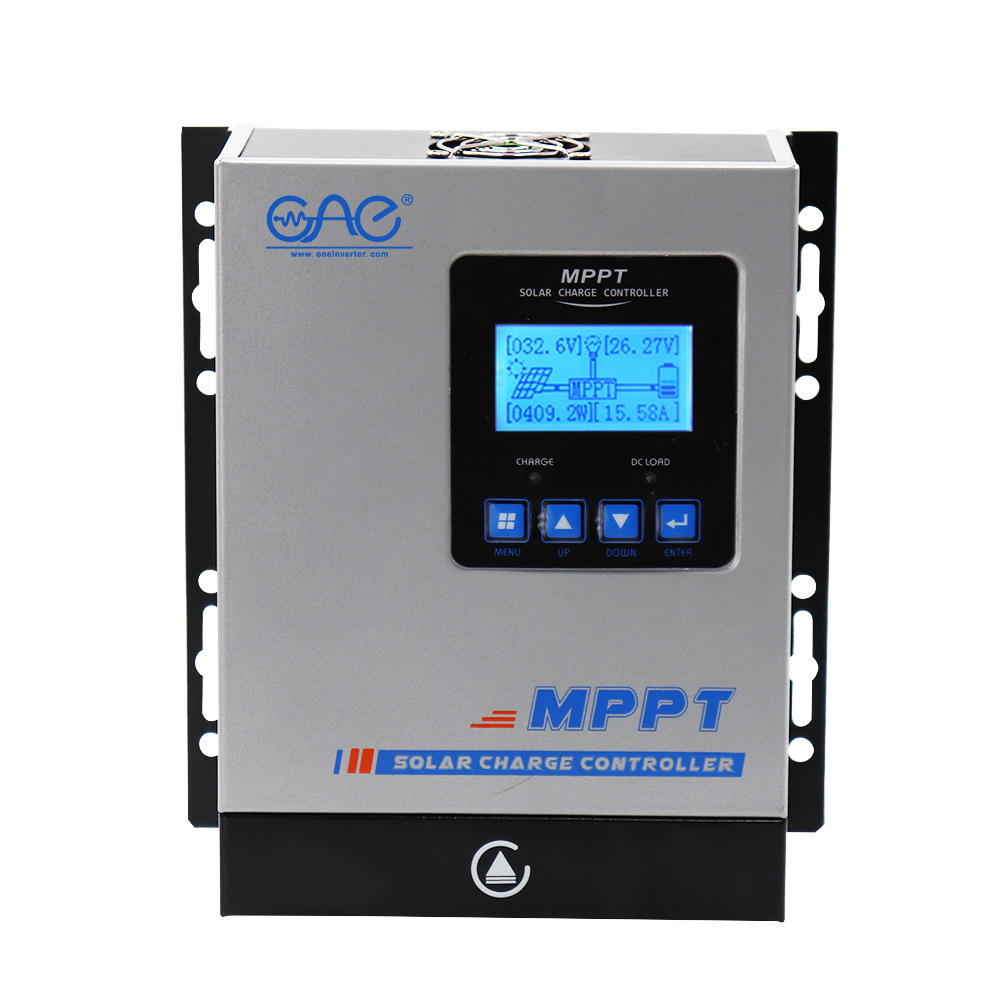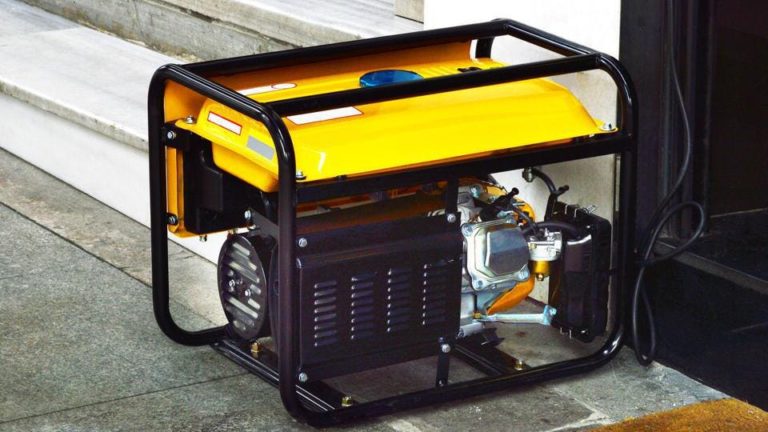When it comes to managing energy storage systems, charge controllers play a critical role in ensuring efficient and safe charging processes.
In recent years, two distinct solutions have emerged for this purpose – plug-and-play and custom-built charge controller systems.
Plug-and-play charge controllers are off-the-shelf products that can be easily installed without requiring extensive technical knowledge or customization.
On the other hand, custom charge controller solutions are tailored to meet specific needs of individual users or organizations.
We will explore both options in detail and help you determine which is best suited for your energy storage needs.
Ease of Installation
Plug-and-play charge controllers are designed to be easy to install and do not require any detailed knowledge of electrical engineering. Custom charge controllers, on the other hand, may require more technical expertise to install and configure.
These charge controllers are designed with ease of use in mind, and their straightforward installation process means that you can have your solar panel system up and running in no time.
In contrast, custom charge controllers may require more technical expertise to install and configure.
These controllers are tailored to meet specific power requirements and can be more complex to install, especially for those without a background in electrical engineering.
While they may offer more features and flexibility, custom charge controllers may require more time and effort to set up and configure properly.
Overall, if you’re looking for a simple and straightforward installation process, plug-and-play charge controllers are the way to go.
Compatibility
Plug-and-play charge controllers are designed to work with a specific range of solar panel voltages and currents. Custom charge controllers can be customized to work with a specific set of solar panels, but may require more tuning and testing to achieve optimal performance.
When it comes to compatibility, plug-and-play charge controllers are designed to work with a specific range of solar panel voltages and currents.
This means that they are optimized to work with a particular type and size of solar panel, and can provide the most efficient charging process.
Custom charge controllers, on the other hand, can be customized to work with a specific set of solar panels, but may require more tuning and testing to achieve optimal performance.
Plug-and-play charge controllers are typically designed to work with a specific voltage and current range, such as 12V and 5A, 20V and 10A, etc.
These parameters are determined by the manufacturer and are based on the specific solar panel technology and wiring configuration used in the system.
By using a charge controller that is specifically designed for the solar panel setup, the system can achieve the highest level of efficiency and longevity.
Custom charge controllers, on the other hand, can be tailored to work with specific solar panels that fall outside of the standard voltage and current ranges.
This can be useful for systems that use non-standard solar panel configurations or that require specific charging parameters.
However, custom charge controllers may require more testing and tuning to ensure that they are providing the optimal charging process for the solar panels.
This can be a time-consuming and potentially costly process, but can be necessary for systems that require precise control over the charging process.
Cost
Plug-and-play charge controllers are generally less expensive than custom charge controllers. Custom charge controllers can be more expensive due to the cost of designing and testing a custom solution.
When it comes to the cost of charge controllers, plug-and-play models are generally less expensive than custom charge controllers.
This is because plug-and-play charge controllers are mass-produced and can be easily purchased off the shelf, whereas custom charge controllers require a significant amount of design and testing to ensure that they meet the specific needs of a particular solar panel system.
As a result, custom charge controllers can be more expensive due to the cost of designing and testing a custom solution.
For example, a plug-and-play charge controller may cost anywhere from $50 to $200, depending on the features and capacity of the controller.
In contrast, a custom charge controller can cost anywhere from $500 to $2,000 or more, depending on the complexity of the design and the number of units produced.
Custom charge controllers may require more extensive testing and validation to ensure that they are functioning properly and meeting the system’s specific requirements, which can add to the overall cost.
Overall, while custom charge controllers may be more expensive than plug-and-play models, they offer the benefit of being tailored to the specific needs of a solar panel system, which can result in more efficient and reliable charging and improved system performance.
Flexibility
Custom charge controllers can be customized to meet specific system requirements, such as monitoring and control capabilities, load balancing, and safety features. Plug-and-play charge controllers are more limited in their flexibility and may not offer as many advanced features.
Looking for a charge controller that offers top-notch flexibility?
Look no further than custom charge controllers!
With custom charge controllers, you can tailor the system to meet your specific needs, whether it’s monitoring and control capabilities, load balancing, or advanced safety features.
This means you can design a charge controller that perfectly suits your unique system requirements, giving you the peace of mind that your system is running at its best.
In contrast, plug-and-play charge controllers are more limited in their flexibility and may not offer as many advanced features.
These charge controllers are designed for standard systems and may not be able to accommodate the unique requirements of your specific setup.
With a custom charge controller, you can ensure that your system is fully optimized and performing at its maximum potential.
So why settle for a one-size-fits-all charge controller when you can have one tailored specifically to your needs?
Choose a custom charge controller for a system that truly stands out from the rest.
With customization options galore, you’ll be able to fine-tune your system for maximum efficiency, reliability, and longevity.
Don’t miss out on this opportunity to take your system to the next level – choose a custom charge controller today!
Power Handling
Plug-and-play charge controllers are designed to handle a specific maximum power output from the solar panels. Custom charge controllers can be designed to handle a wider range of power outputs and can be more flexible in terms of the number of solar panels they can control.
When it comes to power handling, plug-and-play charge controllers are designed to handle a specific maximum power output from the solar panels.
This means that they are optimized for a particular power output, and exceeding this limit can cause damage to the system or lead to reduced performance.
Custom charge controllers, on the other hand, can be designed to handle a wider range of power outputs, making them more flexible in terms of the number of solar panels they can control.
This means that custom charge controllers can accommodate larger or smaller solar panel arrays, depending on the specific needs of the system.
Custom charge controllers can be designed with more advanced features such as automatic sensing of the solar panel array’s voltage and current, allowing for more precise and efficient charging of the batteries.
Overall, custom charge controllers offer more versatility and flexibility in terms of power handling, making them a better choice for larger or more complex solar panel systems.
Efficiency
Custom charge controllers can be designed to optimize energy harvesting and minimize power losses. Plug-and-play charge controllers may have less optimal efficiency due to their more limited design and configuration options.
Efficiency is a important aspect of any solar charge controller, and custom charge controllers offer a distinct advantage in this regard.
By leveraging advanced design and configuration options, custom charge controllers can be optimized for maximum energy harvesting and minimized power losses.
This means that these controllers can extract more energy from the same solar panel, resulting in higher overall efficiency and more power delivered to your batteries.
In contrast, plug-and-play charge controllers are more limited in their design and configuration options, which can result in less optimal efficiency.
While these controllers may be easier to install and use, they may not offer the same level of customization and optimization as a custom charge controller.
This means that they may not be able to fully leverage the power of your solar panel, resulting in lower overall efficiency and less power delivered to your batteries.
When it comes to energy harvesting and power losses, every detail matters.
Custom charge controllers offer the precision and control needed to minimize power losses and maximize energy harvesting, giving you more power and better performance from your solar panels.
Investing in a custom charge controller can pay off in the long run, as it can help you get the most out of your solar energy system and reduce your reliance on the grid.
Monitoring and Control
Custom charge controllers can offer more advanced monitoring and control capabilities, such as remote monitoring, automated fault detection and diagnostics, and customizable alerts and notifications. Plug-and-play charge controllers may offer fewer monitoring and control options.
Custom charge controllers offer advanced monitoring and control capabilities that can enhance the performance and longevity of your solar power system.
These advanced features include remote monitoring, automated fault detection and diagnostics, and customizable alerts and notifications.
With remote monitoring, you can keep track of your system’s performance and status from anywhere, at any time, using a smartphone or computer app.
Automated fault detection and diagnostics can help identify and isolate issues before they become major problems, ensuring that your system runs at peak efficiency.
Customizable alerts and notifications allow you to tailor the system to your specific needs, so you only receive alerts that are relevant to your operation.
Plug-and-play charge controllers may only offer fewer monitoring and control options, making custom charge controllers a more comprehensive choice for larger-scale systems.
Investing in a custom charge controller can provide a more detailed understanding of your system’s performance, allowing you to make more informed decisions about maintenance and upgrades.
With enhanced monitoring and control capabilities, custom charge controllers provide a more robust and reliable solution for your solar power needs.
Customization
Custom charge controllers can be customized to meet specific system requirements, such as integration with building management systems or other renewable energy systems. Plug-and-play charge controllers may not offer the same level of customization or integration capabilities.
Customization is a key advantage of custom charge controllers for solar power systems.
Unlike plug-and-play controllers, custom charge controllers can be tailored to meet the specific needs of a system, such as integration with building management systems or other renewable energy systems.
This level of customization ensures that the charge controller operates at peak efficiency and provides the necessary monitoring and control features to optimize the performance of the solar power system.
For example, custom charge controllers can be programmed to adjust charging currents based on the battery’s state of charge, or to automatically disconnect the solar panels from the battery when the system is fully charged.
Custom charge controllers can be integrated with other renewable energy systems, such as wind or hydroelectric power, to create a hybrid renewable energy system that maximizes energy production and reduces dependence on fossil fuels.
Overall, customization offers a higher level of flexibility and control over the solar power system, allowing for more precise tuning and optimization of the system’s performance.
Want More? Dive Deeper Here!
Hey there! If you’re the type who loves going down the rabbit hole of information (like we do), you’re in the right spot. We’ve pulled together some cool reads and resources that dive a bit deeper into the stuff we chat about on our site. Whether you’re just killing time or super into the topic, these picks might just be what you’re looking for. Happy reading!






